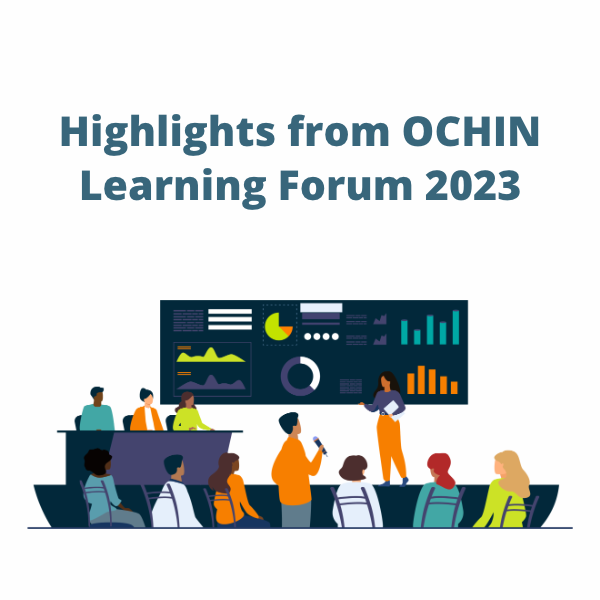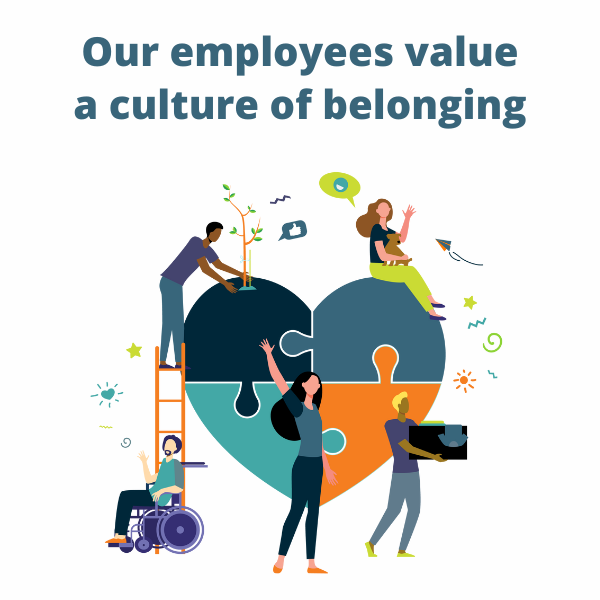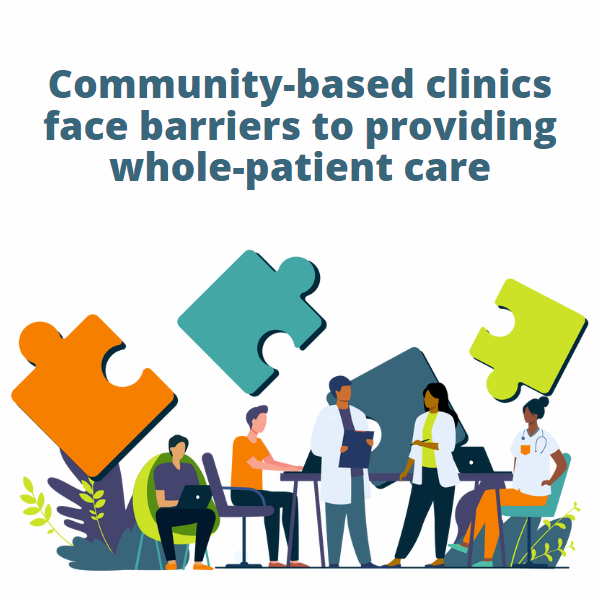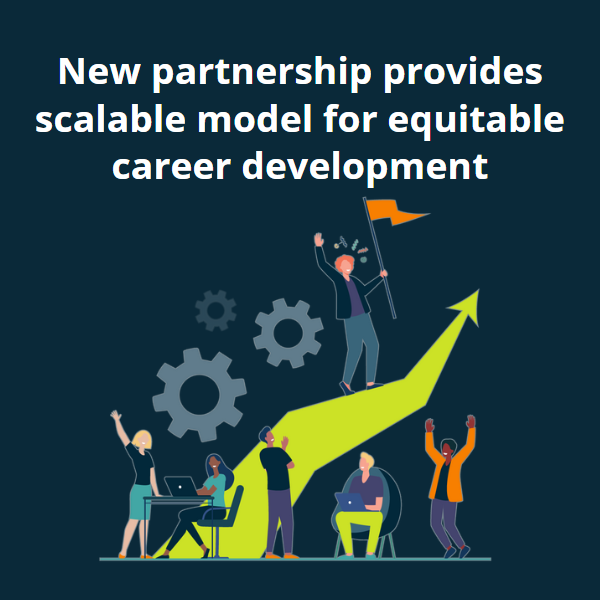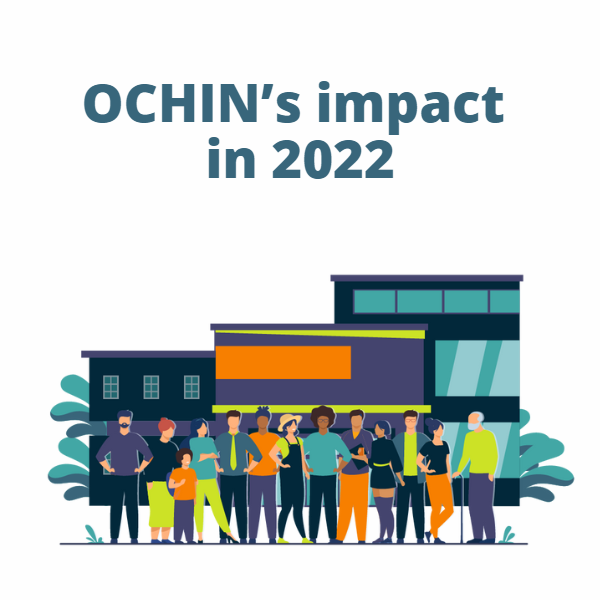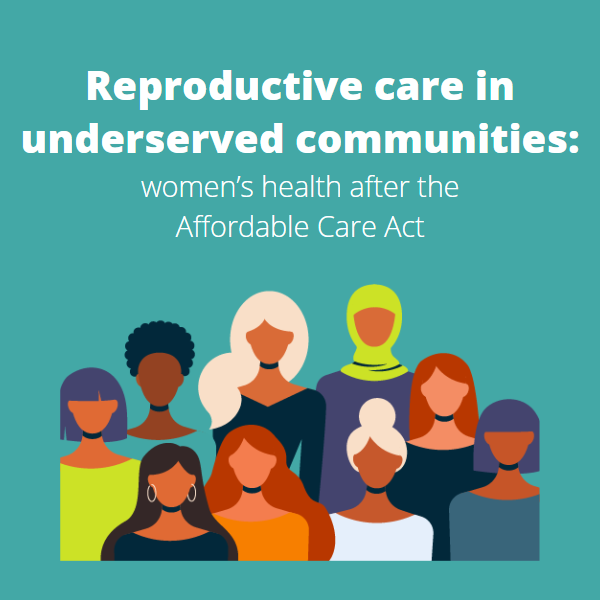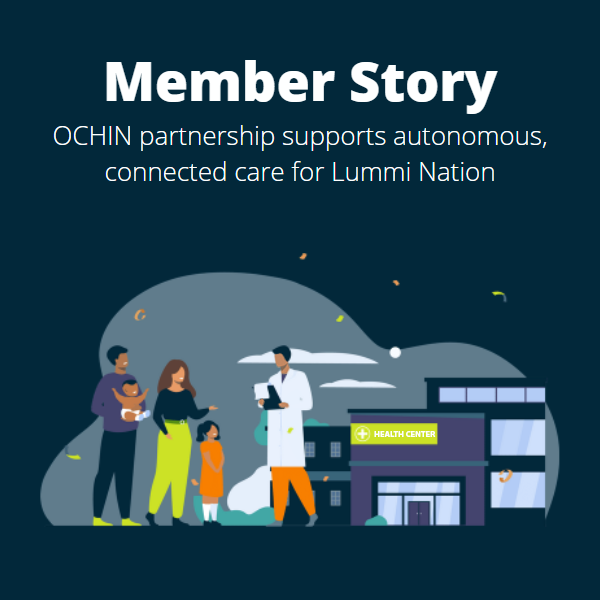For over 40 years, Lyon-Martin Community Health Services has focused on providing high-quality, compassionate, and trauma-informed health care services for the LGBTQIA+ community. Originally founded as a clinic to give lesbians in the San Francisco Bay Area access to nonjudgmental, affordable health care, they have become a leading provider of medical, gynecological, and mental health care for transgender people in California.
Read MoreElectronic health record (EHR) support analysts are an integral part of advancing health equity by supporting community health center operations. In the OCHIN network, they are experts at the OCHIN Epic EHR platform and serve as primary liaisons between their site and OCHIN, working alongside care teams to provide technical support, train users, disseminate information to providers, and communicate end-user needs.
Read MoreWhile the COVID Public Health Emergency ended on May 11, OCHIN continues our efforts to rebuild and strengthen the health care workforce of the future by continually expanding our OCHIN+ training portfolio. A new $720,000 award from AmeriCorps and the Centers for Disease Control and Prevention will support up to 25 new Public Health AmeriCorps positions to bolster local public health efforts in rural and medically underserved communities across the country.
Read MoreToday’s health care organizations face a constant barrage of increasingly sophisticated cybersecurity threats. Research leveraging public and private sector data shows that ransomware attacks targeting health care delivery organizations doubled from 2016 to 2021, and the health care sector continues to be a top target for cyber criminals.
Read MoreAfter a three-year hiatus, OCHIN members from across the nation gathered at the OCHIN Learning Forum April 2-5 in Las Vegas to engage in firsthand learning, best practice sharing, and peer-to-peer collaboration. Guided by the theme “Illuminate What’s Possible,” participants attended a range of presentations and panel discussions designed to help connect patient care, unlock greater operational efficiencies, and implement proven solutions to advance health equity.
Read MoreOCHIN has been recognized by The NonProfit Times as one of the 2023 Best Nonprofits to Work For. With this award, OCHIN has become a two-time recipient of this national honor.
Read MoreSocial risks, also called adverse social determinants of health or SDOH (such as housing instability or food insecurity), can negatively impact patients’ health. Social risk screening in clinical settings is a critical step towards addressing these patterns, but implementing such screening can be very challenging.
Read MoreOCHIN was awarded a $15 million grant to support a new workforce development partnership in California that will help rebuild, strengthen, and diversify the health care workforce through job training and placement. This program will help meet the needs of health centers in rural and medically underserved communities while creating meaningful career paths that expand economic opportunity for residents statewide.
Read MoreCommunity-based providers are a critical connection point for health care in rural and medically underserved communities, where patients often face greater challenges in accessing and following up on their care. Understanding the role that social drivers of health (SDOH)—such as unstable housing, food insecurity or lack of reliable transportation—play in patients’ overall health and well-being is essential to advancing evidence-based solutions that can improve health outcomes for an entire community by addressing the needs of the whole patient.
Read MoreThe road to health equity starts with proven solutions that support and expand access to care so everyone has a fair chance to achieve their full health potential.
Read MoreComprehensive reproductive care can improve women’s health outcomes and reduce health disparities and long-term health care costs, but many women from underrepresented racial and ethnic groups and/or living in poverty face many barriers to accessing the care they need.
Read MoreDakotah Lane decided to switch careers and become a doctor because he felt called to serve his people. After starting out as an electrical engineer, he went back to school for a medical degree at Weill Cornell Medical College in New York, returning to the Lummi Reservation in 2016 to practice family medicine and improve health care.
Read More




